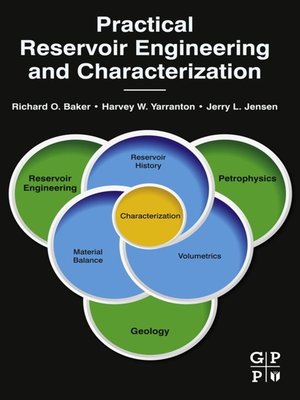
Sign up to save your library
With an OverDrive account, you can save your favorite libraries for at-a-glance information about availability. Find out more about OverDrive accounts.
Find this title in Libby, the library reading app by OverDrive.



Search for a digital library with this title
Title found at these libraries:
| Library Name | Distance |
|---|---|
| Loading... |
Practical Reservoir Characterization expertly explains key technologies, concepts, methods, and terminology in a way that allows readers in varying roles to appreciate the resulting interpretations and contribute to building reservoir characterization models that improve resource definition and recovery even in the most complex depositional environments.
It is the perfect reference for senior reservoir engineers who want to increase their awareness of the latest in best practices, but is also ideal for team members who need to better understand their role in the characterization process. The text focuses on only the most critical areas, including modeling the reservoir unit, predicting well behavior, understanding past reservoir performance, and forecasting future reservoir performance.
The text begins with an overview of the methods required for analyzing, characterizing, and developing real reservoirs, then explains the different methodologies and the types and sources of data required to characterize, forecast, and simulate a reservoir. - Thoroughly explains the data gathering methods required to characterize, forecast, and simulate a reservoir
- Provides the fundamental background required to analyze, characterize, and develop real reservoirs in the most complex depositional environments
- Presents a step-by-step approach for building a one, two, or three-dimensional representation of all reservoir types







